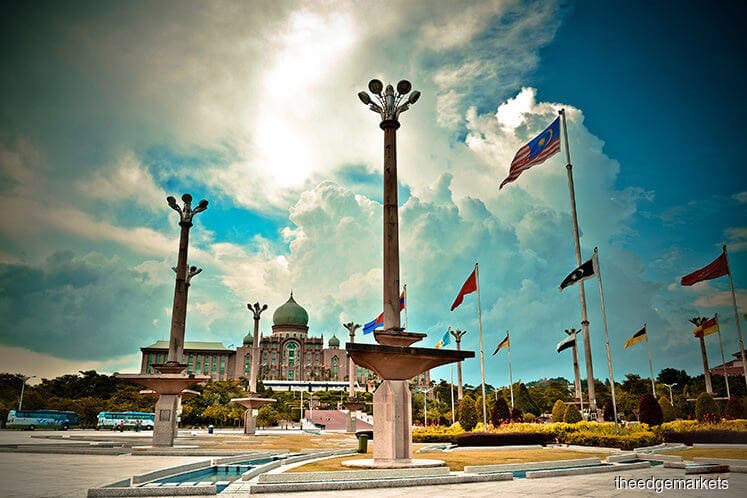
This article first appeared in The Edge Financial Daily on October 17, 2018
KUALA LUMPUR: The government has frozen the issuance of licences to set up plastic waste recycling factories in Malaysia and banned the import of such materials to ensure existing illegal factories do not continue their operations.
Energy, Technology, Science, Climate Change and Environment Minister Yeo Bee Yin told Parliament yesterday that the government had established a joint ministerial committee to tackle plastic waste in the country.
Yeo said the committee comprises housing and local government; water, land and natural resources; and international trade and industry ministries, as well as her ministry. It will meet for the first time on Oct 26 to deliberate on plans to resolve issues concerning the import of plastic waste.
“Since China banned the import of plastic waste, developed countries have diverted their waste export destination to Southeast Asia, including Malaysia, and the situation is getting worse, especially with more and more illegal plastic recycling factories [found locally].
“The [Malaysian] government has conducted raids on these factories, particularly in Kuala Langat, and has closed more than 30 factories there. Since this issue was brought to notice of the new government, the import of plastic waste has been frozen. Enforcement and monitoring operations will be continued to ensure illegal factories do not continue their operations,” she added.
For now, Yeo said the blanket ban on the import of plastic waste is with the HS Code 3915. “The committee will go through details on the types of plastic waste, and come out with details on the types of plastic waste that we are about to ban. It will be more stringent to import plastic waste by then,” she said.
“Existing legal recycling factories still complying with the law can operate normally. They will have enough supply despite the government’s freeze on imports, because we have confiscated plastic waste from illegal factories, and we will lelong (auction) [the plastic waste] to legal players. There is a lot of plastic waste; that is why we have put a freeze on it since June this year, because there is too much.
“In separating wastes for recycling, Malaysia can still do it. For contaminated and non-recyclable portions, we have no choice but to [place them in] landfills, otherwise the wastes will go everywhere.”
Yeo said the local plastic waste recycling industry, including wastes sourced domestically, is worth RM3.5 billion annually.
Yeo also urged main exporters — mainly developed nations — of plastic waste into Malaysia to take care of their own plastic waste and not assume that Southeast Asia nations, including Malaysia, are their dump sites.
She added that she had taken steps to convey the government’s message to these countries’ ambassadors in Malaysia.
“We can ban [plastic waste import], but we cannot resolve this issue because the developed nations are still exporting. So the effective way is for them to stop exporting. Take care of your own wastes,” she said.
“Malaysia has been involved in the recycling business for years, but the volume [that it dealt with] went up drastically in the first half of this year, after China, a popular destination for developed nations to throw their plastic rubbish, banned the import of plastic waste.”
Yeo cited between January and July, the top four countries that exported plastic waste to Malaysia were the US at 195.44 million tonnes, Japan (104.92 million tonnes), the UK (95.25 million tonnes) and Australia (34.18 million tonnes).